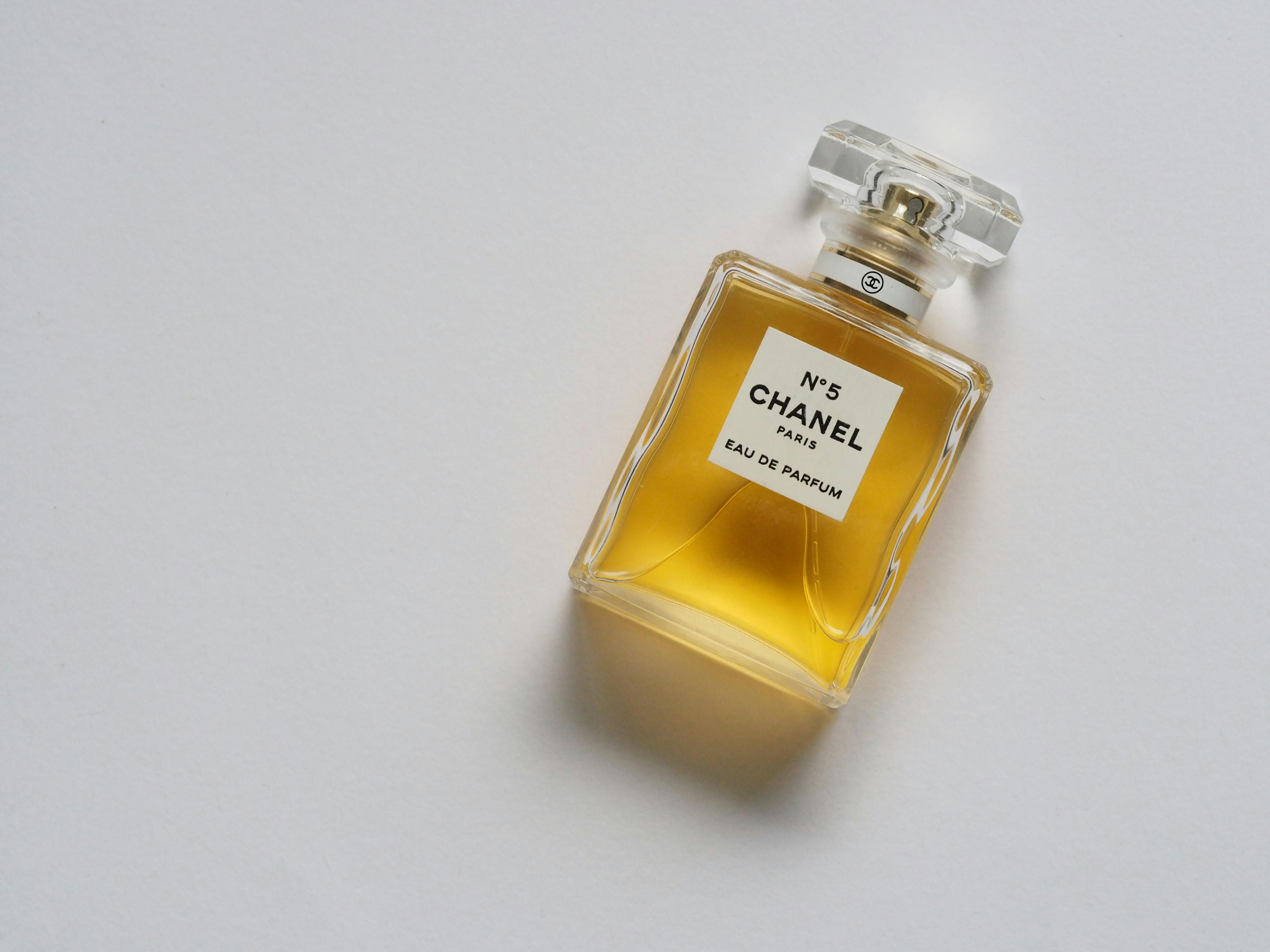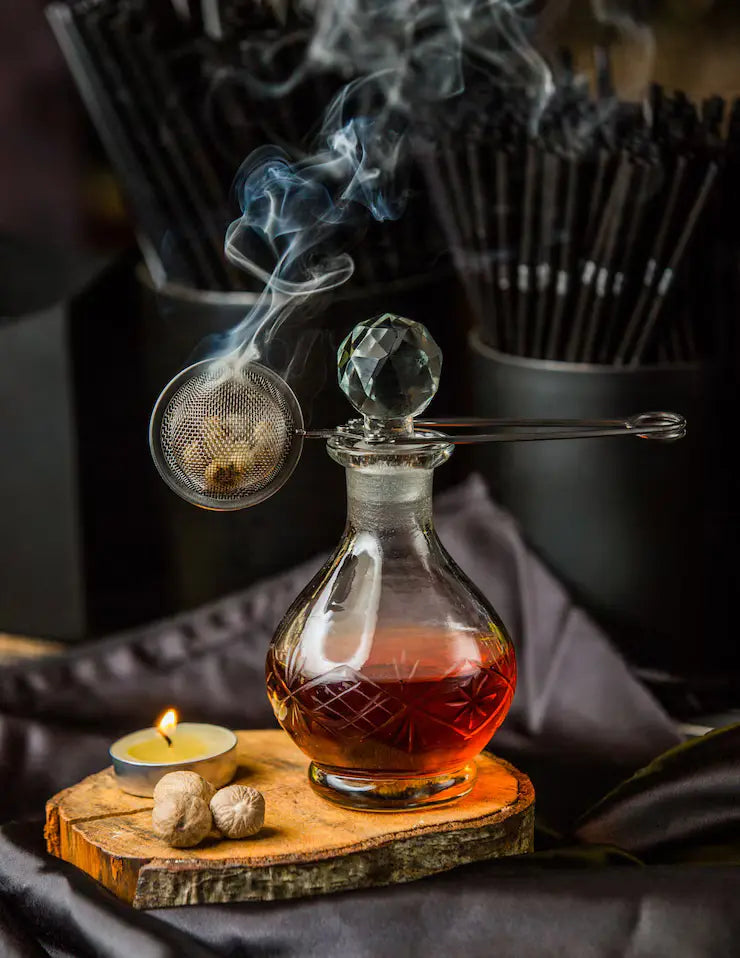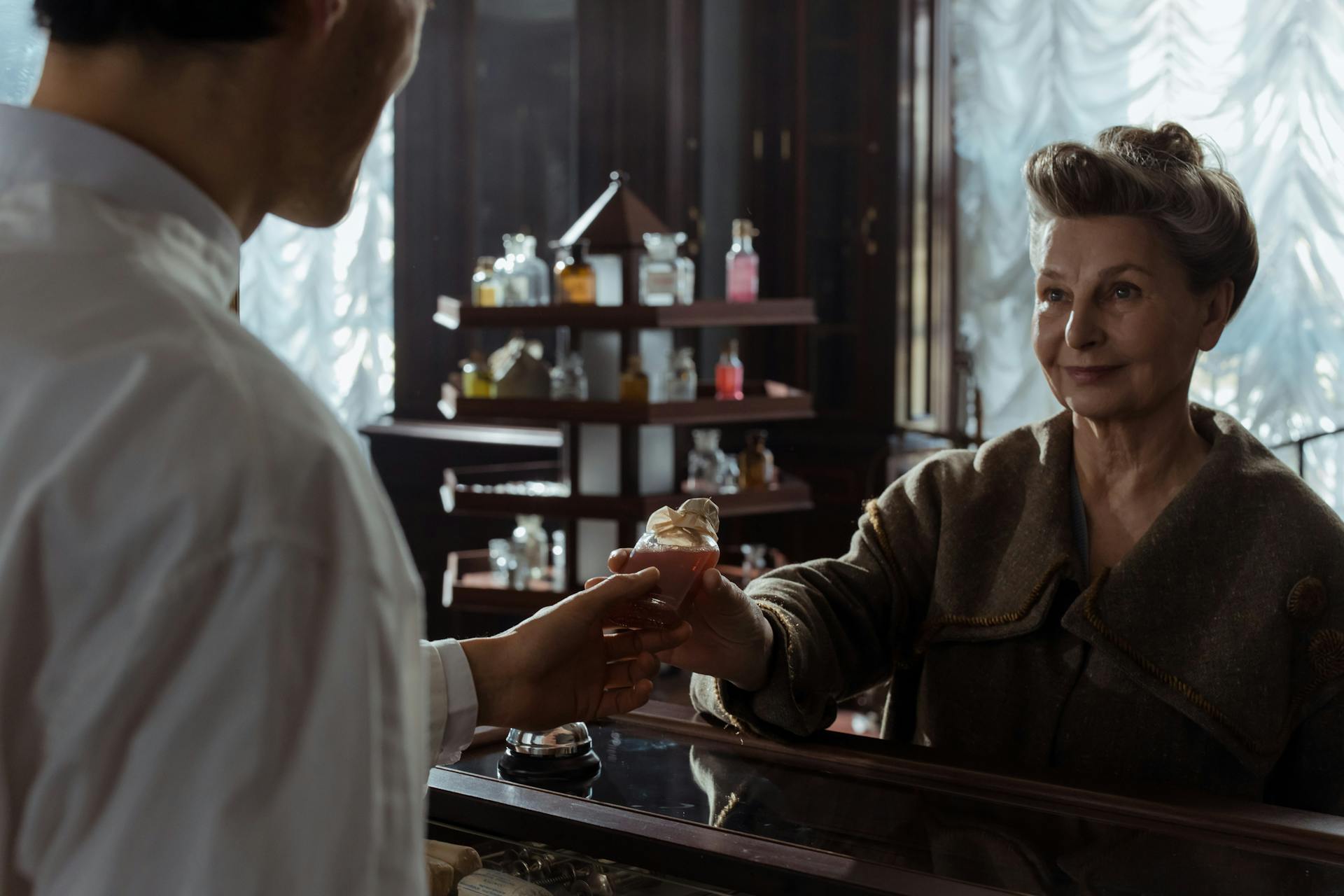
The Sights and Smells of Souks
Whenever a traveler takes a trip to the Arab world, there is one thing that always finds a place in the must-experience list, and that is none other than a souk. In simple terms, the word “souk” means a weekly street market.
Historically in Morocco, souks were held outside of cities in the location where a caravan loaded with goods would stop and merchants would display their goods. The market would be frequented by travelers in search of authentic souvenirs for friends and family back home. The tradition of weekly souks continues even today. from edible goods to premium fragrances, modern-day souks have plenty to offer travelers from around the globe.
However, it is interesting to note that the souk has an interesting connection with the history of markets. It holds an important place in Middle Eastern culture and is much more than just a commercial hub.
A Walk Down Memory Lane
Arabic communities have always been passionate about exploration, and many have dabbled in trade. They would travel to Africa, Europe and the Far East, in order to trade and sell goods. And so, it is not surprising that middle-eastern markets started to evolve along the trade routes, which led to the birth of the first souks. Travelers, merchants and different people who journeyed across the trade routes would routinely stop and sample goods at these souks.
Over time, members of the community started to choose a sedentary way of life over a nomadic lifestyle. This eventually led the market-places to shift inwards and became an important part of daily life.
The Cultural Significance
While it cannot be denied that souks were important centers of trade, they weren’t just financial hubs for traders to sell their wares. Back in the day, they also served as a communication network where people from all walks of life would gather and discuss different events transpiring in locations, near and far.
In a time before messenger apps and online portals, people depended on institutions like the souks to get their daily dose of news and information. It was in such middle-eastern marketplaces that people would hold meaningful discussions and exchange opinions. Keeping that in mind, it would be safe to say that souks were also an important social and cultural hub.
The Modern-Day Souk
There are different kinds of modern-day souks in different parts of the Arab world. Some are big, while others are relatively small, but all of them are equally vibrant. The first thing that you will notice as you enter a souk is the burst of colors and smells. It is an onslaught on the senses, but one that leaves you mesmerized.
From personal items to household goods, you will find a multitude of items being displayed by different traders. Since the focus is on traditional goods, visitors can expect to see local arts and crafts, along with goods that are unique to the culture.
Many souks will have stalls that carry Arabic perfumes because they are known worldwide for their distinct fragrances. Since there are so many quintessential Middle Eastern notes, it might be hard for first timers to navigate the choices to pick the right one. But, if you let your nose decide, you will likely be able to find fragrant gems that will add to your perfume collection.
But, if you are not planning on visiting a souk anytime soon and want to explore beloved Eastern scents, then be sure to check out Wani’s extensive range of fragrances originating in the Sultanate of Oman.















